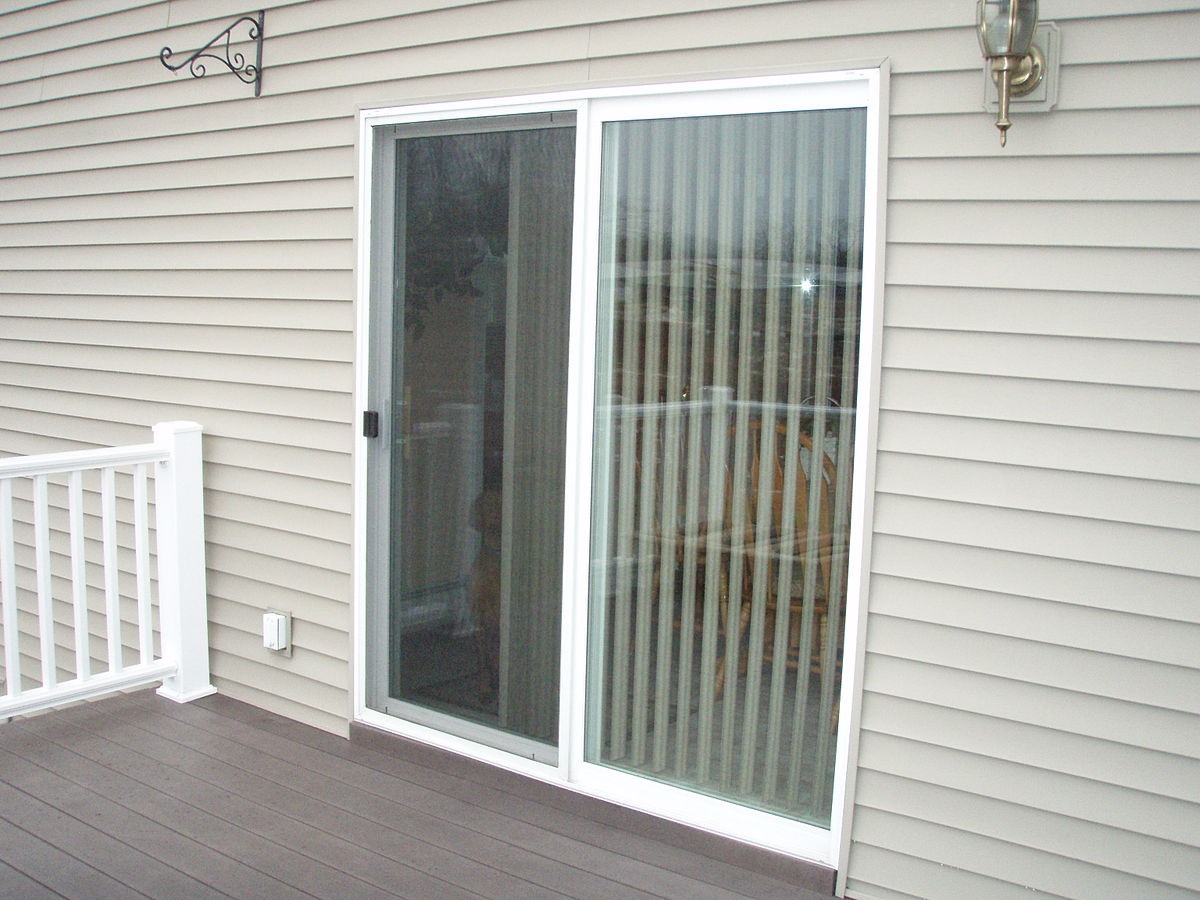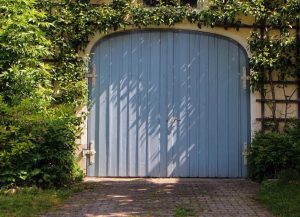
A composite door and a uPVC door differ in terms of the material used for manufacturing them, as well as the durability and security they offer. A uPVC door is made out of unplasticised polyvinyl chloride with panels reinforced with carbon fibre or a strong metal to guarantee its stability and rigidity. Meanwhile, a composite door features a UPVC core; however, is made from a range of other materials to make stronger than its counterparts. Keep reading to learn what each type of door features and which one will meet your needs and requirements. Let us compare the differences between these types based on the following factors:
Durability
Although a uPVC door is more durable than wood, it lags behind when taking into account a composite door’s lifespan. A UPVC door is easy to clean and maintain; however, it can lose up to five years off its life if you fail to keep up with the minimal maintenance routine. Meanwhile, a composite door can withstand the elements and uses up to 35 years.
Security
Composite doors are two times thicker than their uPVC counterparts. Also, they have a polyurethane core that makes it very hard. A uPVC door has a styrofoam core that is quite flimsy. Moreover, a composite door has a super-strong structural frame combined with glass reinforced plastic that leads to optimal protection against the common forms of intrusions.
Design and Style
In terms of these factors, a UPVC door is more limited because it’s made from a singular material. Although there are options in terms of colours for this door, a composite door provides a more versatile design with plenty of colours, finishes, and glazing options available.
Moreover, a composite door can be personalised to look exactly as you would like it to. From the glass to the colour options to the hardware accessories such as knockers, handles, and more, you can have a door that suits your personal taste and preference. The best manufacturer can come up with a bespoke door solution that is unique to your home.
Price
UPVC doors are usually chosen because of their cheaper prices while offering better performance than conventional timber doors. However, you will want an option for your home that has a long lifespan and offers a low maintenance solution. Although a composite door might be more expensive than UPVC, it has an unrivalled level of quality and innovative design. This makes composite a worthwhile investment that will save you money in the long run.

A composite door will make your home warmer for longer, decreasing your dependence on central heating and lowering your energy costs. Also, it can have expert glazing that lets more natural light enter your house. Thus, your home will also be lighter for longer, enjoying a warmer and more inviting environment your family can enjoy. A composite door can be maintained by a simple wipe down with hot soapy water every now and then. It does not fade or discolour with frequent use. But, a UPVC door can become worn and weathered after some years.





